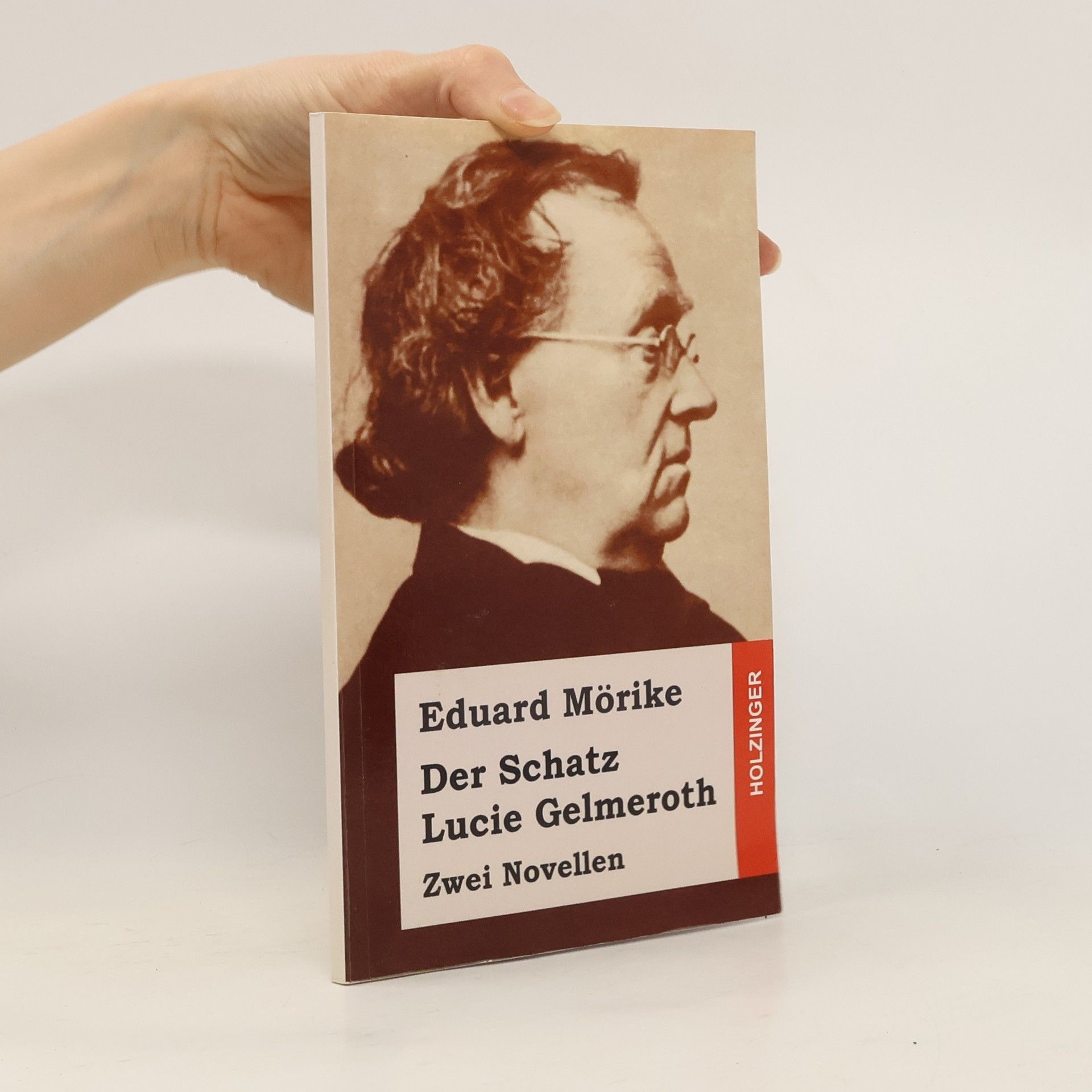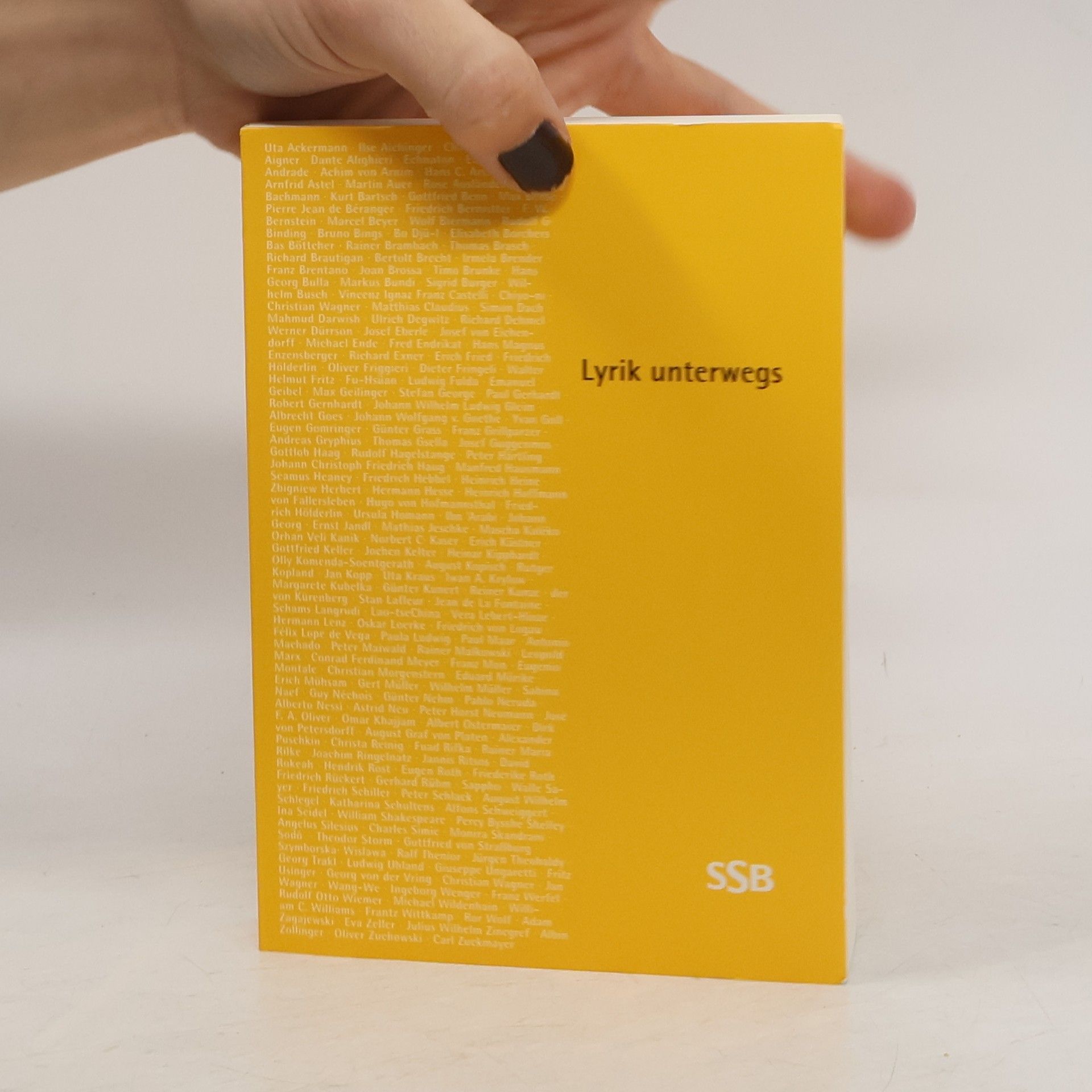Der Roman von Eduard Mörike, entstanden zwischen 1828 und 1830, bietet einen tiefen Einblick in die künstlerische Seele des Malers Nolten. Diese Erstausgabe aus dem Jahr 1832 wird in einer neu bearbeiteten Fassung präsentiert, die eine Biografie des Autors sowie umfangreiche Anmerkungen, eine Zeittafel und eine Bibliographie enthält. Die großformatige Ausgabe in lesefreundlicher 16-pt-Schrift ermöglicht ein angenehmes Leseerlebnis. Die Gestaltung wird durch das Kunstwerk "Zigeunerin" von Camille Corot ergänzt und spiegelt die Themen von Kunst und Identität wider.
Eduard Mörike Book order (chronological)
Eduard Mörike was a German Romantic poet and novelist, known for his contributions to the Biedermeier era. His lyrical poetry, often humorous, is characterized by its simple and natural language, with his songs noted for their traditional form, drawing comparisons to Goethe's work. He also penned prose, including novels and novellas, that explore the challenges faced by artists in an uncongenial world. Revered for their musicality and timeless quality, Mörike's writings offer a distinctive voice in German literature.

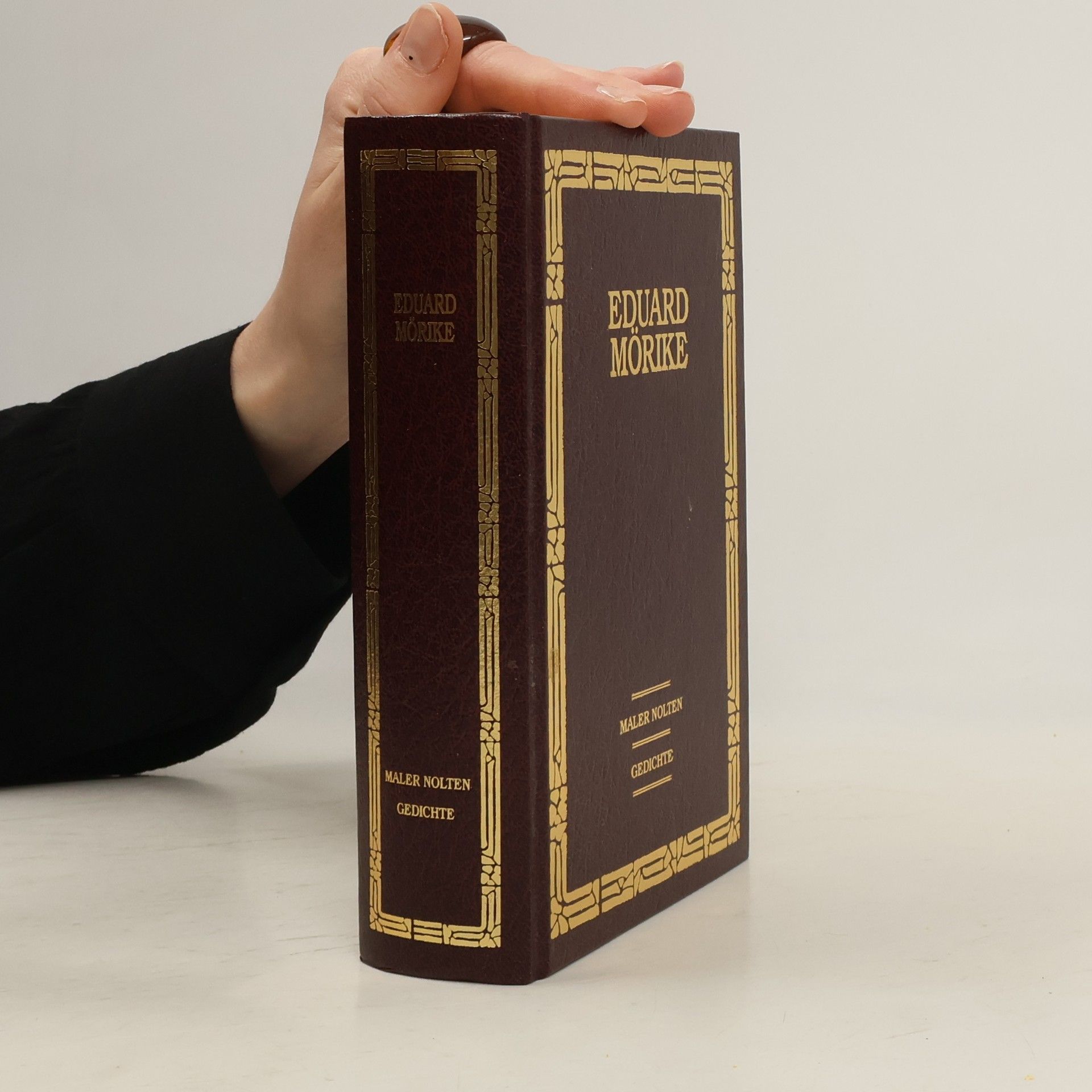
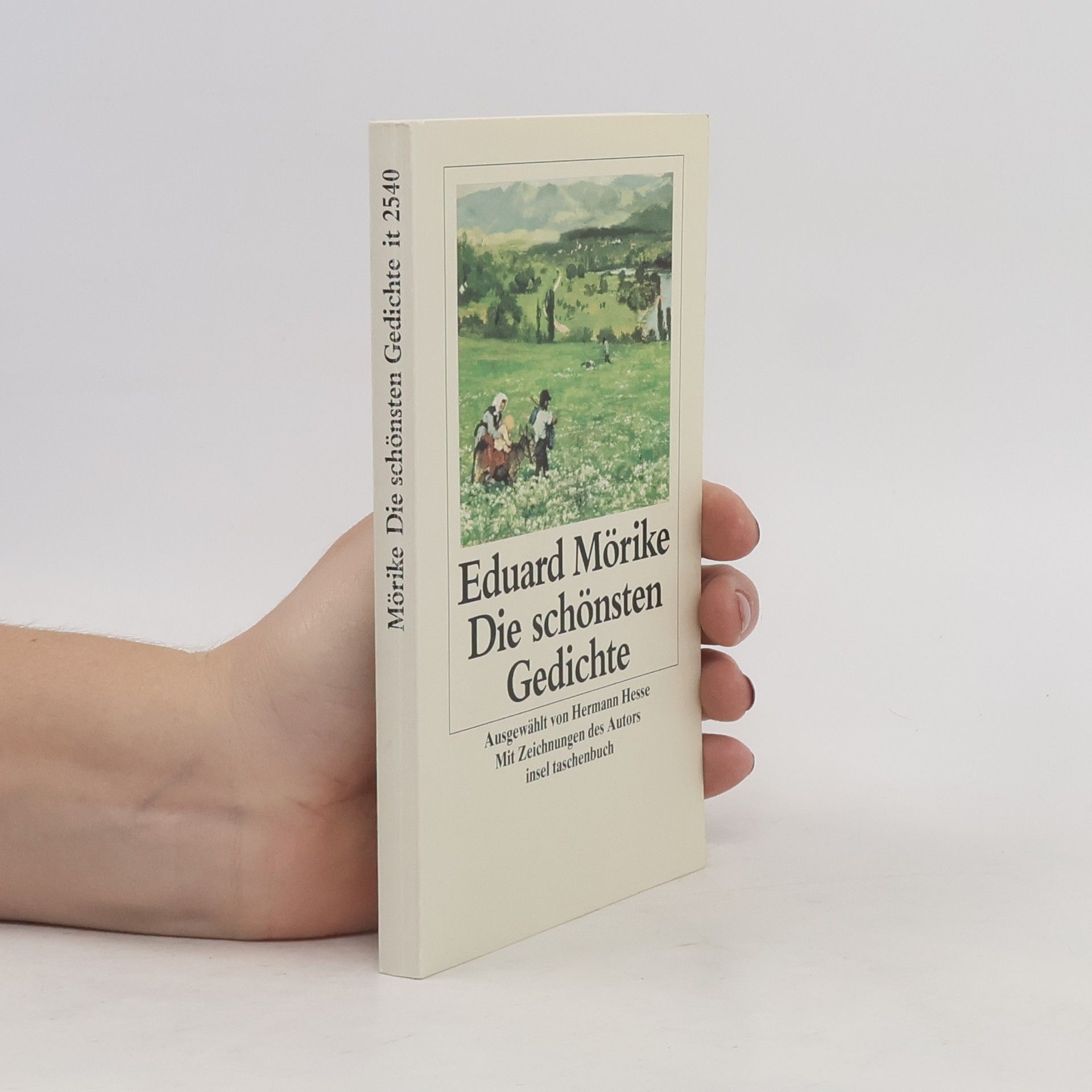

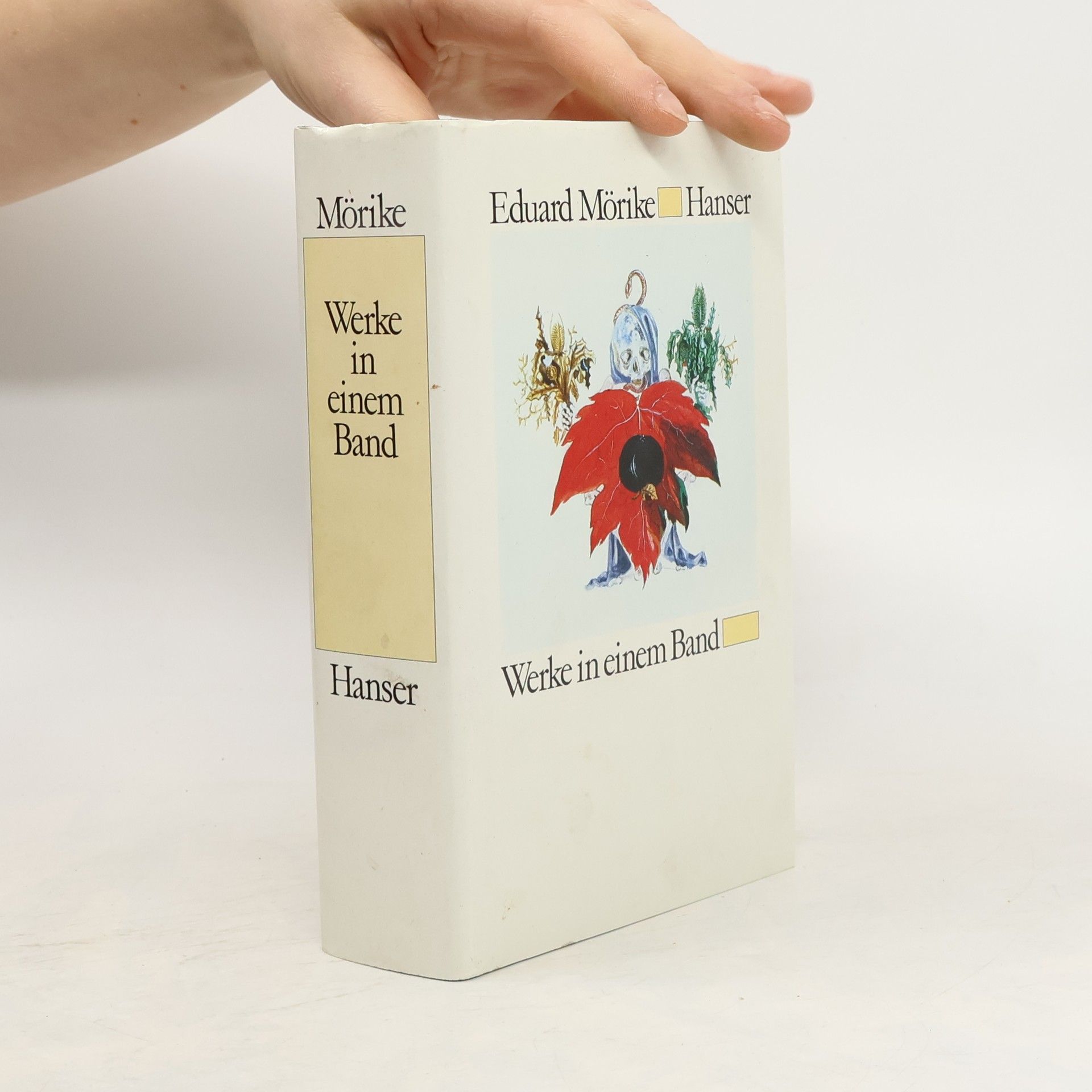
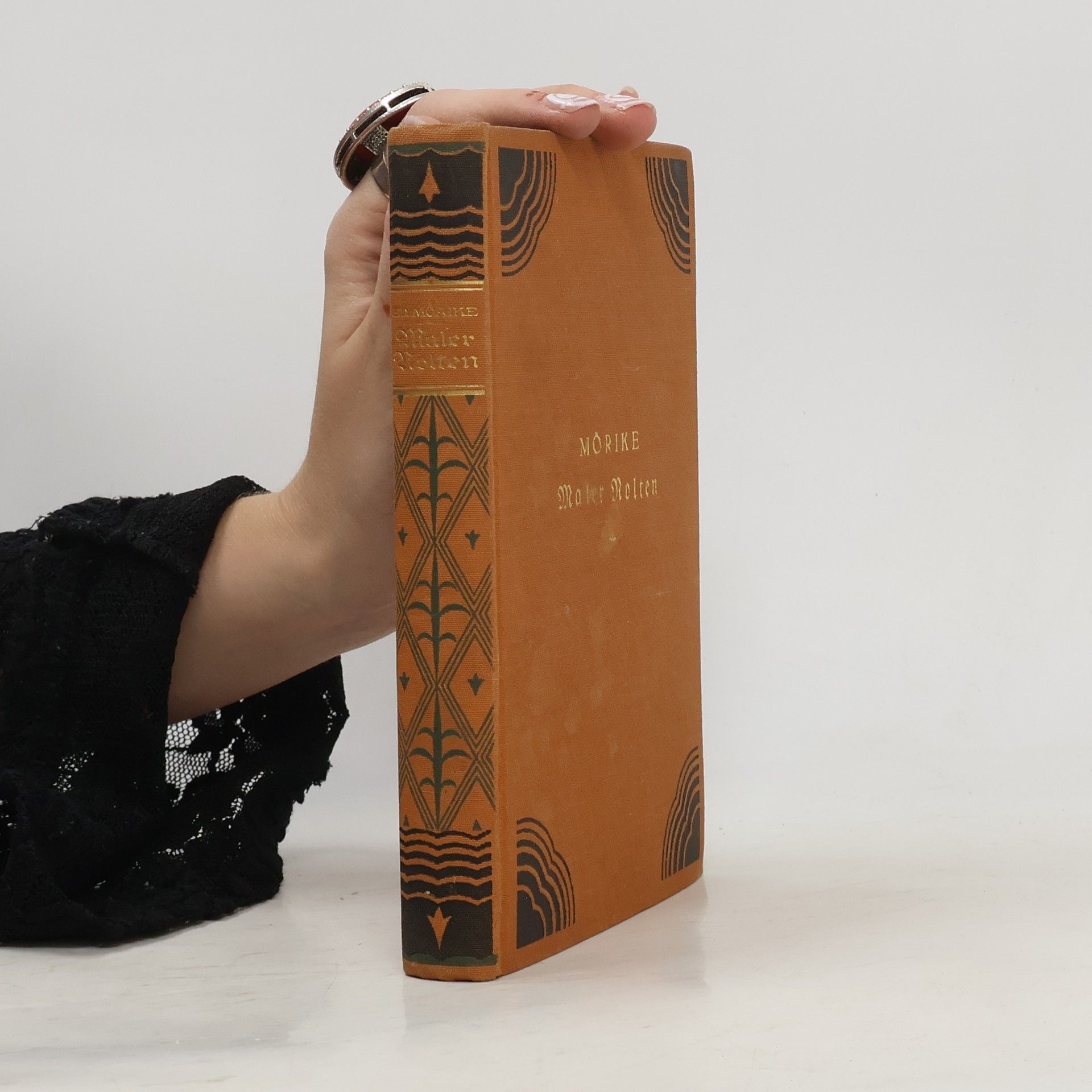
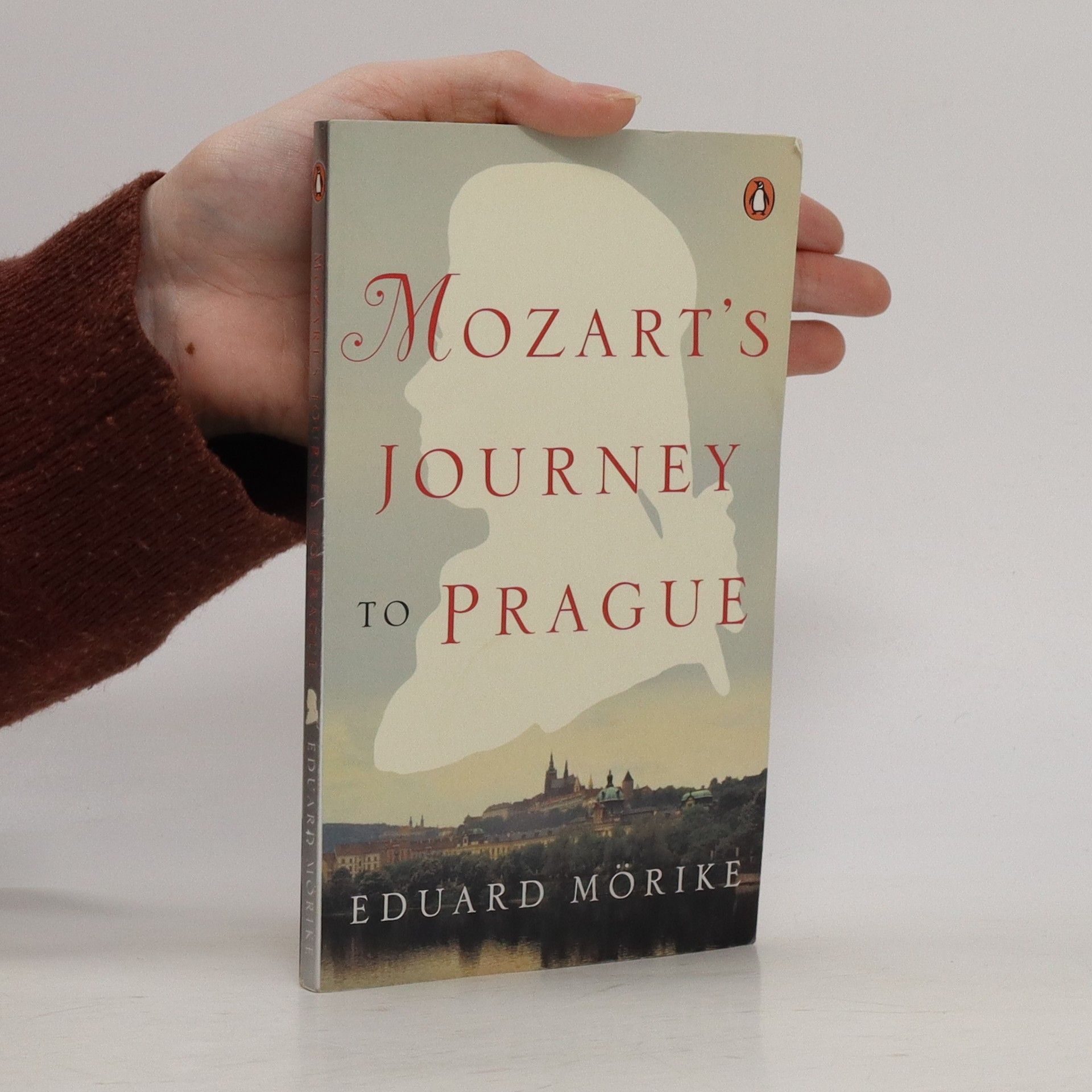
"Das Schwäbische Liederbuch" ist eine einzigartige Anthologie, die die Vielfalt der schwäbischen Lyriktradition präsentiert. Mit Werken von Dichtern wie Schiller und Mörike bietet sie Einblicke in verschiedene literarische Epochen und die Wechselwirkungen zwischen regionaler und nationaler Literatur. Eine unverzichtbare Sammlung für Liebhaber deutscher Literatur.
Die Reproduktion historischer Werke in Großdruck durch den Verlag Megali richtet sich speziell an Menschen mit eingeschränkter Sehfähigkeit. Dies ermöglicht einem breiteren Publikum den Zugang zu klassischen Texten und fördert die Lesefähigkeit und das Interesse an historischen Inhalten.
Die Erzählung schildert die prägenden Kindheitserfahrungen des Protagonisten in einem lebhaften Familienumfeld. Während der Vater durch seine beruflichen Verpflichtungen abwesend ist, übernimmt die Mutter eine zentrale Rolle in der Erziehung, indem sie durch Zärtlichkeit und ihr Vorbild eine starke moralische Einflussnahme ausübt. Besonders prägend ist der ältere Bruder, der durch tiefgründige Gespräche und Spaziergänge die kindliche Neugier auf die Geheimnisse der Welt und das Übersinnliche weckt, was zu einer nachhaltigen inneren Entwicklung des Erzählers führt.
"Auswahl aus den Dichtungen Eduard Mörikes" präsentiert eine sorgfältig bearbeitete Sammlung der Werke des bedeutenden deutschen Dichters. Sharp Ink, der Verlag, bietet eine Vielzahl von Genres und legt Wert auf ein hochwertiges Leseerlebnis für alle eReader und Geräte.
„Eduard Mörikes Stuttgarter Hutzelmännlein, eines der wenigen Kunstmärchen des Biedermeiers, ist eine fantastische Erzählung voll Zauber und Wortwitz, an deren Ende die Erkenntnis steht: Nicht Magie ist erstrebenswert, sondern persönliches Glück. Mörikes Freude an der Verbindung des Unmöglichen mit dem Natürlichen und seine virtuose Sprachlust wurden von dem Illustrator Felix Müller in starker Farb- und Formsprache für eine heutige Leserschaft neu visualisiert. Seine kraftvollen, leuchtenden Buntstiftzeichnungen transportieren das zauberhafte Märchen ebenfalls mit einem Augenzwinkern direkt in die Gegenwart.“
Eduard Mörikes Novelle "Mozart auf der Reise nach Prag" wird in einer originalgetreuen Nachdruckausgabe von 1856 präsentiert. Die Publikation enthält Anmerkungen zur Textgestalt, ein Glossar, eine Zeittafel und ein Nachwort, die Informationen zu Mörikes Leben und Werk bieten.
Eduard Morike: Der Schatz / Lucie Gelmeroth. Zwei Novellen Edition Holzinger. Taschenbuch Berliner Ausgabe, 2016, 4. Auflage Durchgesehener Neusatz mit einer Biographie des Autors bearbeitet und eingerichtet von Michael Holzinger Der Schatz: Erstdruck in: Jahrbuch schwabischer Dichter und Novellisten, hg. v. Eduard Morike und Wilhelm Zimmermann, Stuttgart (Balz'sche Buchhandlung) 1836. Hier in der Fassung von 1856. Lucie Gelmeroth: Erstdruck unter dem Titel Miss Jenny Harrower in: Urania. Taschenbuch auf das Jahre 1834, Leipzig (Brockhaus) 1834. Hier in der dritten Fassung von 1856. Textgrundlage ist die Ausgabe: Eduard Morike: Samtliche Werke in zwei Banden. Mit einem Nachwort von Benno von Wiese sowie Anmerkungen, Zeittafel und Bibliographie von Helga Unger, Band 1, Munchen: Winkler, 1967. Herausgeber der Reihe: Michael Holzinger Reihengestaltung: Viktor Harvion Umschlaggestaltung unter Verwendung des Bildes: Eduard Morike (Fotografie von Friedrich Brandseph in Stuttgart, 1864) Gesetzt aus der Minion Pro, 10 pt. "
Lyrik unterwegs
- 348 pages
- 13 hours of reading
Lyrik unterwegs in Bussen und Bahnen der SSB Zum 25. Geburtstag von „Lyrik unterwegs“ erscheint die 4. erweiterte Auflage dieser Lyrik-Anthologie. Insgesamt 346 Gedichte von mehr als 100 Dichterinnen und Dichtern sind nun wieder in einem Gedichtband vereint und erfreuen die Herzen aller Poesiefreunde. Lyrik unterwegs - herausgegeben von der Stuttgarter Straßenbahnen AG (SSB)
aus dem Nachwort: Die Geschichte vom alten Silvester wurde bisher nur einmal vor Jahren in der Monatsschrift »Die Christengemeinschaft« veröffentlicht. Sie ist unter den gedruckten Werken Eduard Mörikes nicht zu finden. Der Dichter hat sie nämlich nicht aufgeschrieben, sondern an einem klaren Winterabend dem sechs- bis siebenjährigen Mädchen an seiner Hand mit Kindernamen Ámele aus dem Stegreif erzählt …

